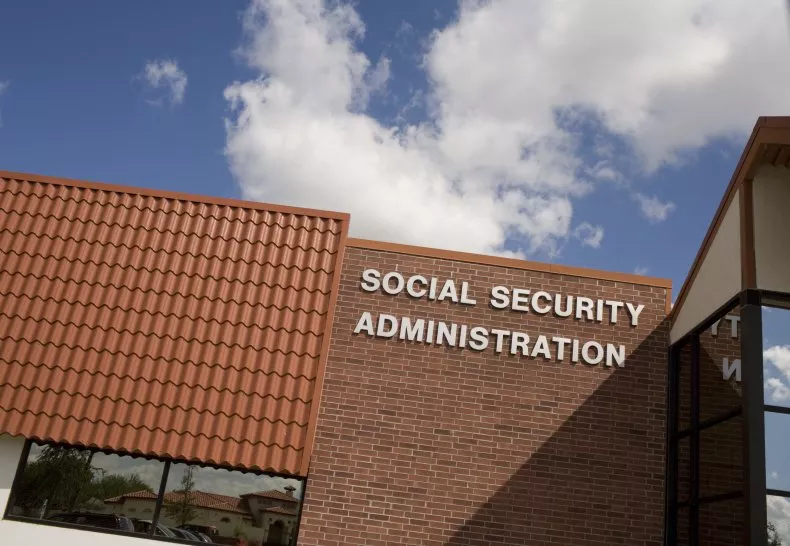A growing number of Americans are worried about retirement stability, with roughly 71 percent expressing concern that the Social Security program might not sustain them in their later years.
In the backdrop of a recent Social Security Administration announcement predicting that reserves for the fund are projected to become exhausted by 2037, a Transamerica Center for Retirement Studies survey issued in December, encompassing more than 10,000 people across various demographics, uncovers deep-seated anxieties about the future of the program amid economic instability and legislative uncertainties.
The survey found that Social Security plays a critical role for those nearing retirement, as fears of its reduction or elimination rank as the top concern among lower-income households, with anxiety spanning across racial and gender divides, pointing to a nationwide apprehension toward financial stability in retirement.
According to Catherine Collinson, CEO and President of Transamerica Institute, “most of today’s workers are counting on Social Security as a source of retirement income,” and “many, especially those with lower incomes, are expecting to primarily rely on it in retirement.”
Addressing the apprehension surrounding potential Social Security reductions, Collinson told Newsweek that it’s “critically important that people learn about Social Security, their projected benefits, and how their retirement age and claiming strategies can influence their monthly benefit payments.” The CEO said that while that information is needed for financial planning purposes, “it can also help people gauge the impact of potential reforms to their Social Security benefits.”
She added that “in recent decades, workers have been required to self-fund a greater portion of their retirement income. It is highly likely this trend will continue.”
For households earning less than $50,000 annually, the dread of Social Security benefits being reduced or eliminated stands at 36 percent, while for those with incomes between $50,000 to $99,000, the fear jumps to 40 percent, according to the report. That contrasts with households earning between $100,000 and $199,000 and those earning more than $200,000, who are more concerned about outliving their savings and the costs of long-term care, with fears at 38 percent and 39 percent, respectively.
The survey’s findings on Social Security retirement fears by race and ethnicity cuts across all groups. While 34 percent of Black individuals and 38 percent of white individuals expect to rely on Social Security as their primary source of income, 67 percent of Black individuals and 72 percent of white individuals fear the potential instability of the program.
Seventy-five percent of the Hispanic individuals surveyed, and 70 percent of Asian American and Pacific Islander (AAPI) individuals also show concern about the viability of the program.
Among genders, the survey found that Social Security reliance and retirement fears are more pronounced with women.
Thirty-eight percent of women—compared to 26 percent of men—anticipate Social Security to be their primary retirement income, while the same amount of women express fears about the reduction or elimination of the program. Men and women both worry about healthcare needs and outliving their savings at similar rates, the report said, but women more acutely fear not meeting their family’s basic financial needs and the lack of affordable housing.
The shared concerns are set against a backdrop of still-high inflation, with the 3.2 percent 2024 Social Security cost-of-living adjustment (COLA) potentially lagging behind rising costs in critical areas, according to data issued by The Senior Citizens League of Bureau of Labor Statistics (TSCL) last week.
“Housing, motor vehicle insurance, the cost of hospitals and care of invalids at home—these are the savings-draining black holes even when inflation is low,” Mary Johnson, Social Security and Medicare policy analyst for The Senior Citizens League, said in a statement.
The TSCL said that more than two-thirds of older adults reported a 10 percent increase in their monthly budget for housing, food and prescription drugs compared to the previous year, despite overall inflation falling to 3.1 percent.
The COLA adjustment, although a relief to some, may not fully counterbalance the soaring prices that disproportionally affect the elderly.
In 2023, roughly 67 million Americans per month received a Social Security benefit, according to the Social Security Administration, which totaled about $1.4 trillion in benefits paid during the year. Amid growing reliance on the program, the Transamerica study raises alarm bells for policymakers to reassess the trajectory of the program.




